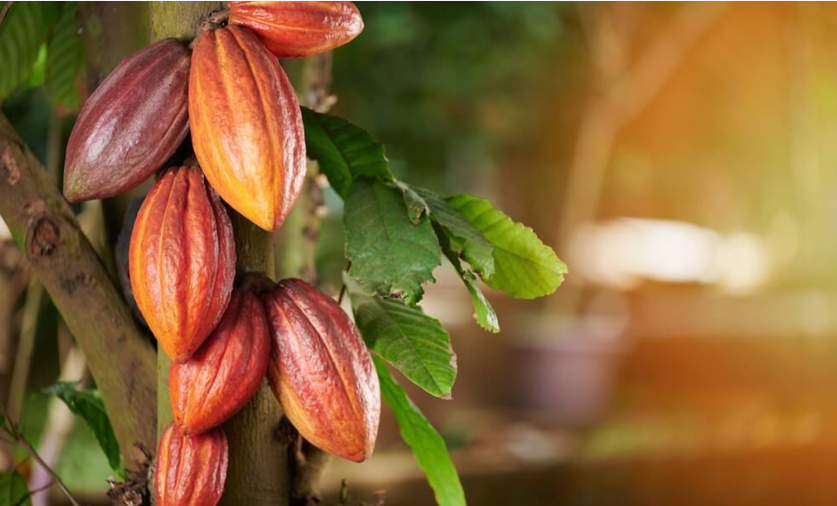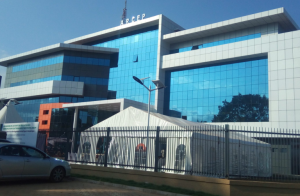Ghana: The government relaunches the cocoa sector with an ambitious 200.000-hectare project

Faced with a continued decline in its cocoa production, Ghana has launched a major initiative to revitalize a strategic sector threatened by illegal gold mining, aging plantations, and viral diseases. On May 16, 2025, Finance Minister Cassiel Ato Forson announced that the state plans to acquire 200,000 hectares of farmland for the benefit of the Cocoa Board (Cocobod) to develop industrial cocoa plantations.
This new strategy aims to complement the efforts of smallholder farmers while ensuring more stable production. The minister emphasized that this expansion will “significantly boost” the country’s cocoa volumes, which have sharply declined in recent years. According to the International Cocoa Organization (ICCO), Ghana’s production dropped from 771,000 tonnes in 2019/2020 to just 530,000 tonnes in 2023/2024—a 31% decrease.
This initiative comes at a time when about 500,000 hectares of cocoa farms in Ghana are no longer productive, mainly due to the swollen shoot disease, aging trees, and destruction caused by “galamsey”, or illegal gold mining. The addition of new industrial plantations could help reverse this downward trend.
However, the benefits won’t be immediate. On average, a cocoa tree takes between 3 and 5 years to produce its first pods, and optimal yields are only reached in the 6th or 7th year. Despite this delay, the government aims to raise annual production to 1 million tonnes—an achievement only reached in the 2010/2011 and 2020/2021 seasons.
Such a revival could help Ghana close part of the gap with Côte d’Ivoire, the world leader with a stable average of 2.1 million tonnes over the past four seasons. If structural challenges are overcome, Ghana could reclaim its position among the world’s leading cocoa-producing nations.






